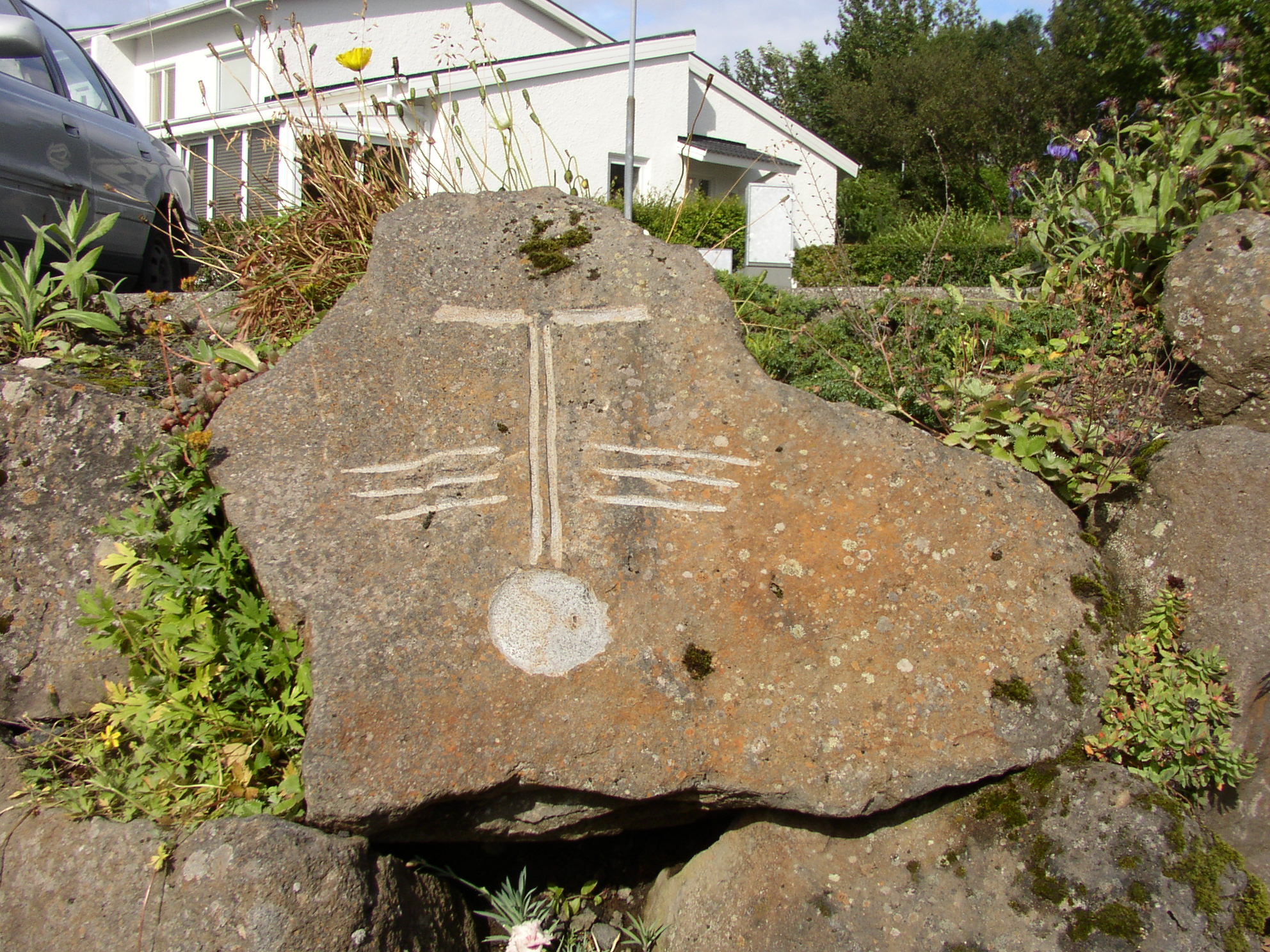Good For Nothing Changes
This topic, which asks what the worst change in BIONICLE's story has been, got me thinking. Here's my post in it.
As for stuff I don't like, the way the Makuta were treated in 2008 was probably the worst. I didn't mind having multiple Makuta, but they seemed so lackluster compared to Teridax himself. In previous years, Teridax had been portrayed as this all-seeing, godlike "big bad," but when we see the other members of his species, they wind up being ordinary minions. I would have accepted this if they had said that there were different classes of Makuta or something, but they didn't... (Wouldn't it be cool if there were, like, the super-powerful "spirits of destruction" like Teridax, Miserix, etc, then there were lesser ones like Antroz, Vamprah, etc, and then the least powerful would just be little mischievous spirits? I ought to write that into a story... But I digress.) I think this problem actually started with the detailed quantification of Makuta's powers in 2003, though obviously it wasn't as bad then as it later became.
So it occurred to me... In 2008, the significance of being a Makuta was greatly reduced, as just about every other character in the serials was some new Makuta with hardly any role, but before that the same had already happened to Toa. Some say that Toa were already perceived as not legendary by 2004, starting with the Metru, but I disagree. They may not have been the powerful demigods of 2001, but characters like Lhikan definitely fit the mold, and the transformation into Toa was perceived as a "mystical gift" from the Great Spirit. It was really 2006 that started this trend... Once the Inika-Matoran became Toa, there was little sense of wonder or awe, and once serials began the next year, more and more Toa would appear as needed until they became largely expendable.
I think that what turned off so many older fans in the past few years was the "cheapening" of story roles that, in the past, had great significance attached to them. (Luckily, Bara Magna seems to circumvent this possibility by attaching little significance to Glatorian in the first place.)
So what do you think? Is the cheapening of roles like this a good explanation for why you were dissatisfied with recent years?



6 Comments
Recommended Comments